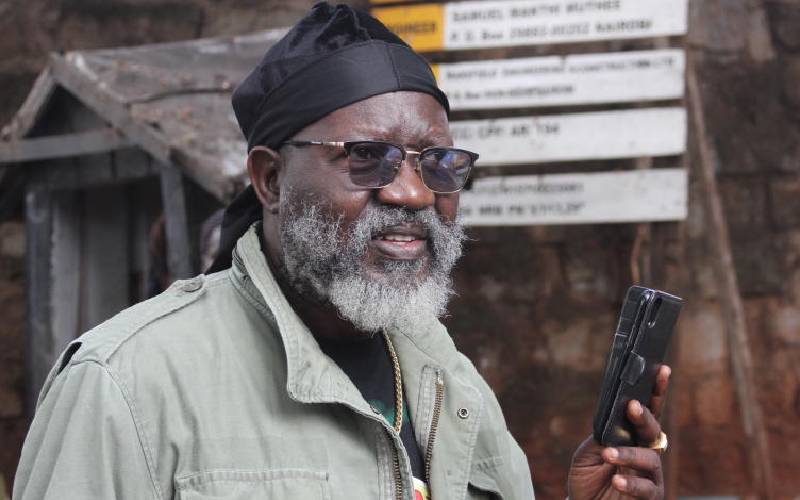
Until his inclusion on the shortlist of presidential contenders, George Wajackoyah was relatively unknown. He was just another name in a long list of wannabes hoping to gain their 15 minutes of fame as aspirants for the highest office in the land. But the professor who, as some have jokingly said, has more degrees than a thermometer, is now firmly in the race for the State House. And surprisingly, many are warming up to his candidature.
Perhaps it is because he comes across as a break from the usual political establishment; a breath of fresh air in a country aching for change as a result of egregious breaches in the social contract. Certainly, the Jubilee administration has made a hash of the economy.